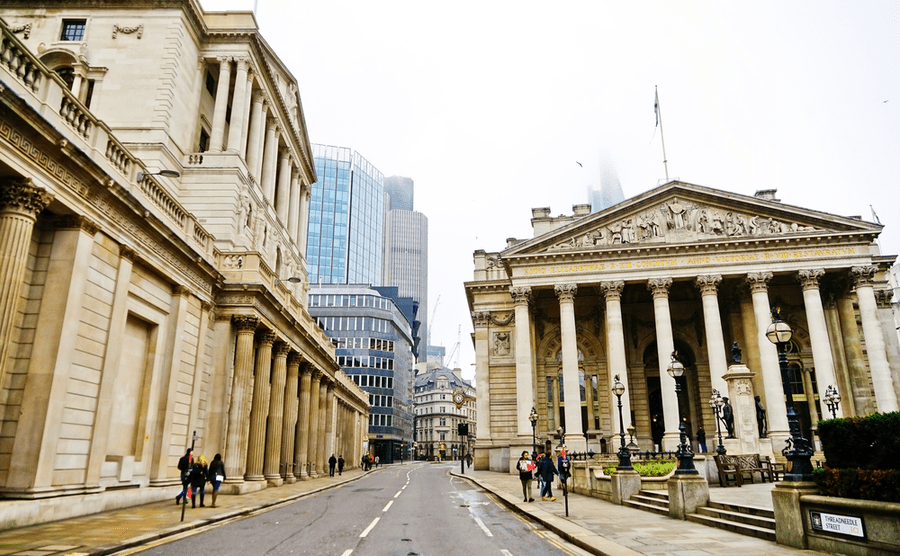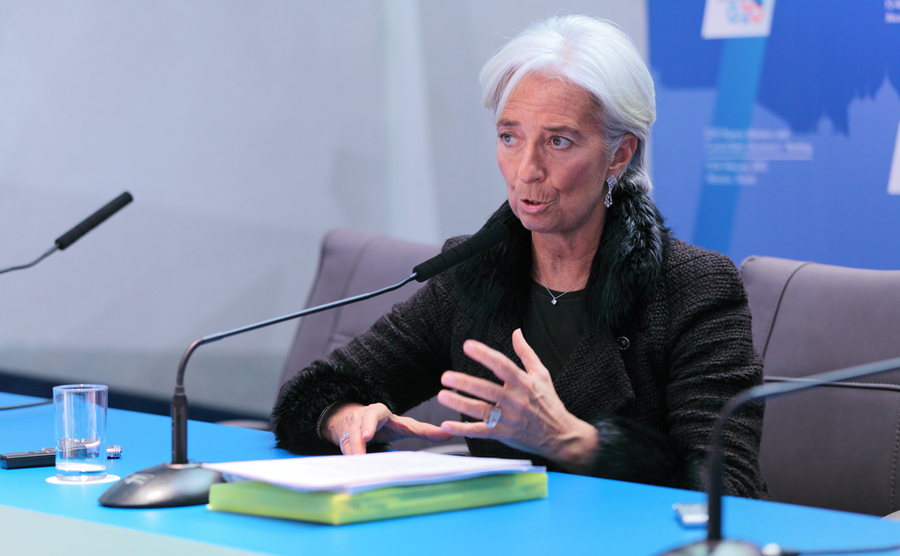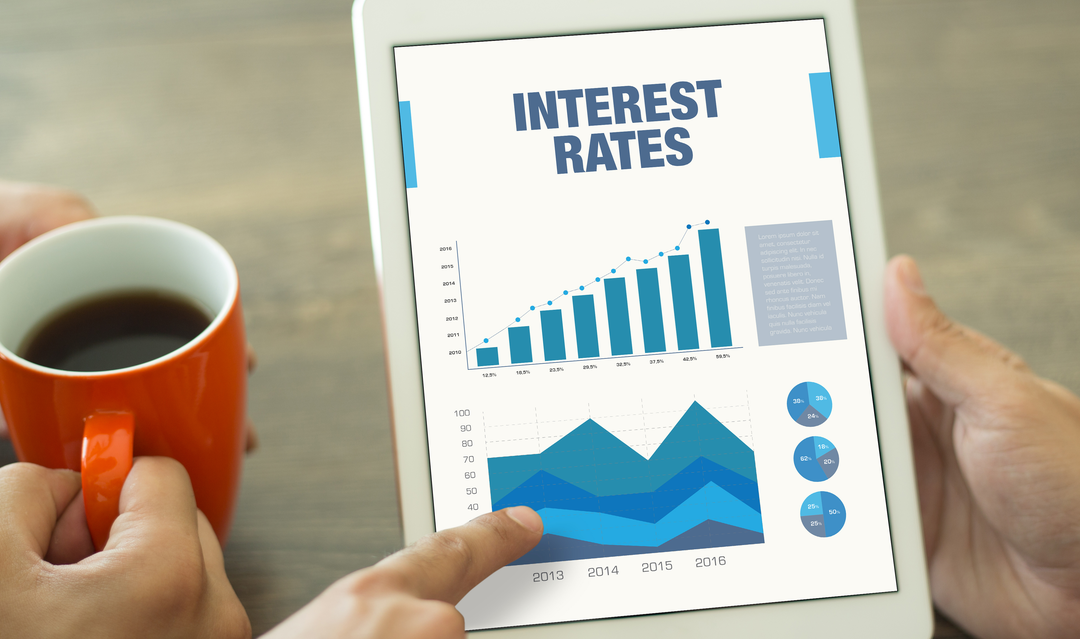Interest rates continue to be the main driver of exchange rates, and can have a huge impact on your international transactions, pension paid overseas or purchase of a property. So what is the relationship? And what can you do to ensure that a decision made in London, Frankfurt or Washington DC won’t impact your plans and potentially cost you thousands?
Get a quote from us today by completing our simple form. We’ll take a look at your requirements and arrange to speak to you at a suitable time to offer the best possible solution for all of your upcoming currency transfers.
What is an interest rate?
Essentially, an interest rate is the price of borrowing money. Some say it derived from ancient pre-money societies, when a loan of livestock might be returned some months later with baby livestock. These days it is the amount a lender charges a borrower and is a percentage of the amount loaned. Interest is applied to most lending or borrowing transactions.
A country’s central bank, such as the Bank of England, will set the interest rate. Each retail or commercial bank then uses this to determine its own annual percentage rate (APR) range – the yearly interest rate on a loan or income from an investment. This is then applied to things like mortgages, credit cards and bank loans.
Why do central banks hike or cut interest rates?
Setting the interest rate is one way that central banks can control the economy. When the interest rate is high, this discourages people from spending and borrowing and slows demand. When interest rates are low, this typically stimulates economies because borrowers can access inexpensive loans. Central banks, therefore, use interest rates as a tool to stimulate the economy or to prevent it from expanding at a rate that is unsustainable. In short, they use interest rates – so called monetary policy – to control inflation.
Central banks’ most important role is in protecting the value of money, by maintaining inflation at around 2%
Following the highest inflation for 30 years, hitting 11% in the UK caused by the pandemic and war in Ukraine, central banks the world over raised the interest rates. They rose from little over 0% to more than 5%, having a huge impact on mortgages, debts and business borrowing.

Editorial credit: Javen. At the beginning of November the Bank of England (BoE) cut the UK’s interest rate to 4.75%.
How does the Bank of England change the interest rate?
The Bank of England holds eight monetary policy meetings a year, every six weeks. Nine economists make up the Monetary Policy Committee, and these economists meet to discuss how the economy is performing and if any action needs to be taken. The members then vote on whether the interest rate should be hiked, cut, or kept the same and this decision is published at 12pm on a Thursday.
The BoE lowered the interest rate back in 2009 after the global financial crisis, in 2016 following the Brexit referendum and in 2020 due to pandemic, when it was cut to its lowest ever rate of 0.1%.
What impact do interest rates have on currencies and why?
Broadly speaking, a currency strengthens when the interest rate is raised and weakens when it is cut. This is because the exchange rate is determined by investors trading sums of currency. If there are signs that the economy is expanding then that currency becomes more desirable, leading investors to demand more. When the investors buy more of a currency, the value of it goes up.
However, it’s not just the act of raising or cutting interest rates that impacts the currency’s value. For example, following the latest employment data in the US, which showed lower unemployment, US Federal Reserve chair Jerome Powell said that the USA’s “remarkably good” economic performance “is not sending any signal that we need to be in a hurry to lower interest rates.” Despite the interest rate being cut just a few days before, these positive comments subsequently caused the US dollar to hit its best rate for six months.
So, as well as interest rates going up or down, exchange rates can also be impacted by the rhetoric surrounding interest rates, economic data and expectations about the direction of interest rates, as well as a host of other factors.
Can other central banks also impact the pound and other currencies?
Interest rate decisions made by other central banks, such as the Federal Reserve and the European Central Bank (ECB), can also impact the pound’s value against other currencies. If other central banks raise their interest rates ahead of the Bank of England, this can put the pound in a weaker position against currencies such as the euro and the dollar.
For example, through the summer of 2024 the pound has been strong against the euro because the BoE is taking a more cautious approach to cutting interest rates than the European Central Bank (ECB).

Editorial credit: ID1974 / Shutterstock.com. President of the European Central Bank, Christine Lagarde
When are the Bank of England’s next interest rate decisions?
The Bank of England will hold their last monetary policy meeting of 2024 on 19 December and then on 1 February, 21 March, 9 May and 20 June.
Analysts are forecasting no further rate cut this year but two or three in early 2025. Whether these materialise or not depends on a number of factors. As Andrew Bailey said at the last meeting, further interest rate cuts depend largely on how the UK economy performs, whether inflation in services can be curtailed, pay rises come back to the same levels as inflation, and whether the chancllor Rachel Reeves’ first budget causes more inflation.
To protect your property-buying budget and/or overseas transactions from unforeseen currency movements, get a quote from us today by completing our simple form.





















